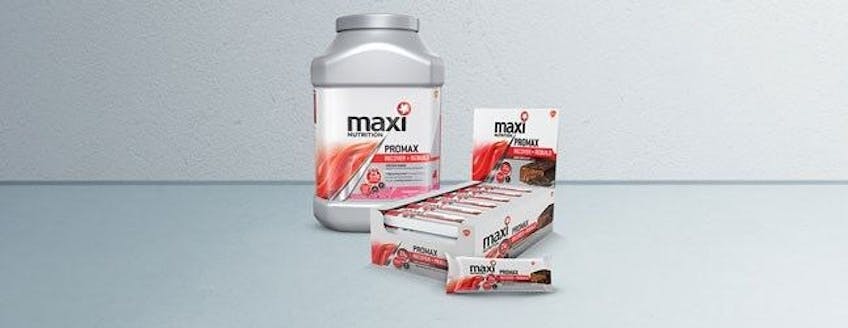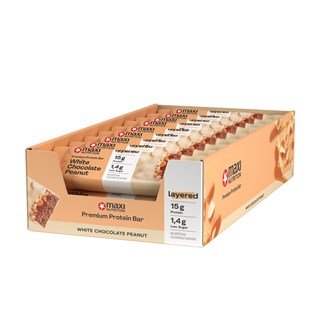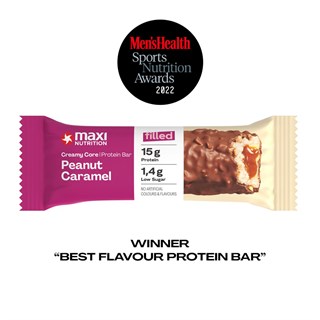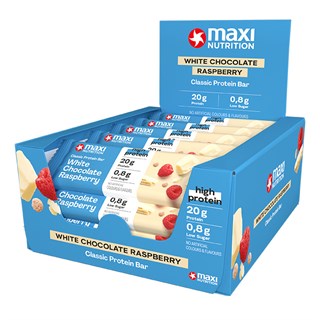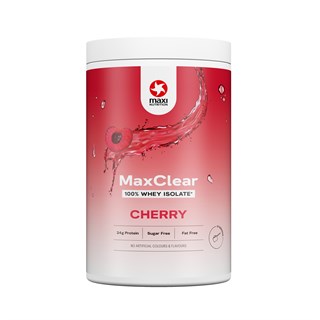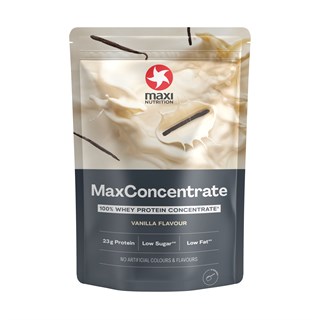We've all been there: the day after that heavy weights session or important event, where you struggle to physically function. Whilst a lot of effort goes in to performing to your best, we tend to forget that our body has to perform every day. The best thing you can do for your body is to give it the tools to help it recover quickly. The best time for this is straight after your training session or event.
Consuming sports drinks is about as far as most people get to recovery from exercise. While the carbohydrate you get from such a product will help, it’s not the only thing your body requires. Post-exercise protein can help to rebuild muscle tissue, helping your muscles develop.
So how does protein work for rebuilding muscle after exercise?
Heavy resistance training increases the rates of both protein synthesis and muscle breakdown for at least a 24-hour period afterwards and is one of the reasons why you might feel sore the next day. Now whilst this may sound bad, it’s actually the first part of developing stronger muscles. However, if a protein-rich meal is not consumed during the recovery period, muscle breakdown will exceed synthesis, resulting in the loss of muscle mass.
How much protein and when do I need it?
The maximum effective dose of protein to take straight after training is not exactly known. Studies have shown the amount of protein uptake by the muscle increases dramatically up to a 20g serving, and there is still a trend for increased protein synthesis when consuming between 20g-40g (Tipton et al, 2009).
There seems to be a point of protein intake above which no further stimulation of muscle protein synthesis occurs. This suggests that consuming massive single doses of protein in hopes of further accelerating muscle growth is futile, so aiming for between 20-30g of protein after training is likely to hit the sweet spot.
The boost stimulated by protein intake lasts only a few hours, meaning that consuming repeated small doses of protein may be more effective in optimising the rate of muscle gain and rebuilding, as opposed to eating just one large meal.
Which form of protein is best?
Protein food sources such as meat, fish, dairy, beans and nuts are all good sources, but due to their amino acid make up, along with other nutrients (carbs, fats etc) they contain, all will have varying digestion rates. The change in amino acid profile is also used to assess the quality of a protein. Food sources such as dairy, meat and fish all contain the ideal balance of the essential amino acids to support protein synthesis.
Whey protein, often found within protein powders, is part of the dairy family. It is derived from the cheesemaking process. The double bonus is that it’s not only a complete protein, but can also be taken in exactly the amount you are looking for, without any extra fat or calories that you might not want.
Look at adding protein to your diet from our high protein range, such as Promax Extreme.





